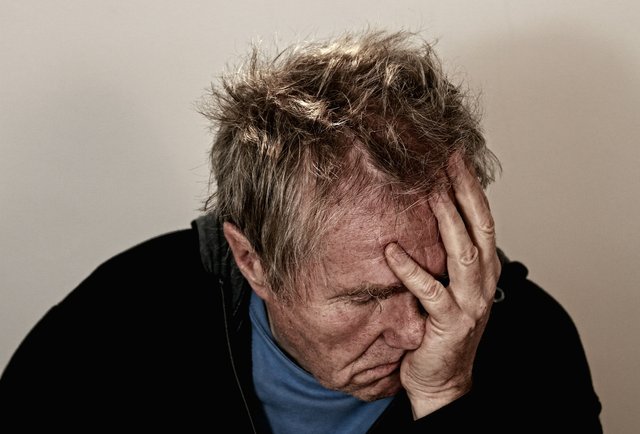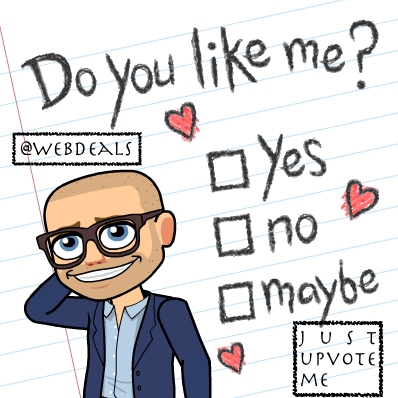App detect Human Depression [featuring saifer87]

Sometimes flipping through the magazines I find some very absurd news thinking we can approach the reality but it seems that some are trying hard to succeed.
The idea is of a California startup: an app that looks for the symptoms of depression (or the hallmarks of a predisposition) in the way we use the smartphone. However, the scientific community is (almost all) skeptical …
Tell me how you use the smartphone and I’ll tell you if you’re depressed: it would seem an effective title, instead it is the latest invention of Silicon Valley: an app that can diagnose mood disorders from the way we use the phone.
Mindstrong Health, a startup founded in Palo Alto, California, by a team of doctors, including Tom Insel, former director of the American National Institute of Mental Health, is trying to show that our obsession with technology brings with it something positive: it can help people to detect (and in part treat) depression, schizophrenia, bipolar disorder, post-traumatic stress disorder and substance abuse.
All thanks to an app, which would be able to collect data on the emotional health of people analyzing how they use their smartphones. Once installed, the Mindstrong app monitors everything the person does when he has the phone in his hand: the way he types words on the screen, the frequency and the positions of the touches, the trajectories of the “scrolls” … The data is thus encrypted and analyzed using so-called machine learning. The results are then shared with the patient and the doctor.
To listen to its creators, the seemingly trivial way we interact with our phone would offer surprisingly important clues to our mental health. After all, it is not the first time that technology has been experimented with treating mood and behavior disorders: in the past, anti-anxiety apps and video game-based therapies have been used; in addition there are studies that have taken into account as an index of depression even the photos published on Instagram. Mindstrong promises to take a step forward, because it considers not so much what we do on the phone, but how we do it. A more or less decisive touch, a prolonged use of some apps and the use of the phone itself, could in the long run be the symptom of the so-called “DARK HORNS”.
TESTS. To test the app, about 5 years ago, 150 volunteers were involved at the beginning of the project, to which a neurocognitive evaluation was performed to analyze, with already consolidated methods, aspects related to episodic memory (as we remember events) and to the executive function (mental abilities that include the ability to control impulses, manage time and concentrate on a task): these are brain functions that are weakened in people suffering from behavioral disorders. The volunteers then returned home with an app, installed in the smartphone, which started collecting data that was sent to a remote server.
Analyzing the results, the researchers claim to have found many connections that confirmed the classical tests, given to the volunteers. For example, memory problems, which, common to brain disorders, could be detected by observing the speed with which we type words or by analysing the errors we make (and the frequency with which we eliminate certain characters), but also by measuring the speed of we scroll down a list of contacts.
MONITORING. For their part, the creators of Mindstrong Health are convinced that the app can not only help in the diagnosis, but also in monitoring 24 hours a day. Tom Insel, the psychiatrist of the team, says that the phone will be the key to understanding other symptoms discreetly, in a way that “fits perfectly into the normal lives of patients,” he emphasizes.
Nono cri is still waiting for the launch of this app and see our depression rate 🙂
img source: pixabay
safer link

To listen to the audio version of this article click on the play image.

Brought to you by @tts. If you find it useful please consider upvoting this reply.